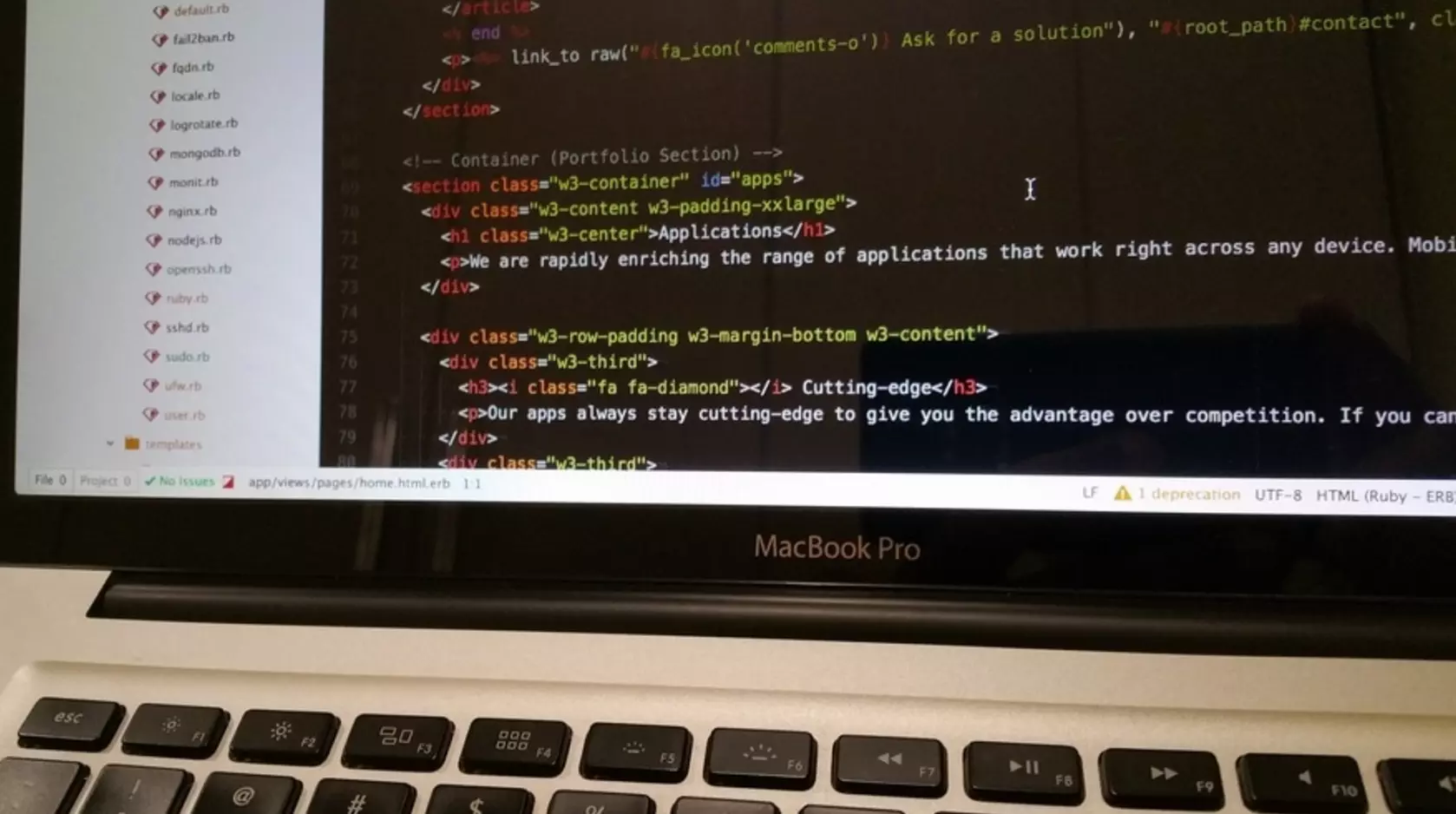
Java vs. JavaScript: What’s the Difference?
By SOLTECH
If you are wondering what the difference is between Java and JavaScript, you’re in the right place. Java and JavaScript are coding languages to develop in the front-end and back-end, that accomplish different tasks when creating a custom a web application. The explanation can get very in depth and detailed so think of this as a brief overview.
Java and JavaScript Are Languages
Don’t think of Java and JavaScript as scary, intimidating technology terms. Think of it as this: just how we speak and write English and others do so in French, both Java and JavaScript are languages.
When a software engineer writes the code, they are literally writing the way we write sentences in our native language; only, they’re writing their “words” in Java or JavaScript.
Are you having that lightbulb moment yet? Great, now let’s dive deeper into the differences.
Java and JavaScript are languages used for what is called the front-end and the back-end development.
What is Java?
Java is a back-end language that enables programmers to write computer instructions. Java is an object-oriented programming language. In Java, you’re able to write commands and the tasks are done. Java is a common language used when coding the back-end but is not the only one. Other back-end languages include, but are not limited to Ruby on Rails, .NET and Python.
What is JavaScript?
JavaScript is used in conjunction with HTML and CSS and is a scripting language. JavaScript is supported by the use of frameworks and libraries such as Angular.js and jQuery. JavaScript represents the front-end development and it is what you see when browsing a website.
The Difference Between Java and JavaScript
Java and JavaScript are both popular programming languages, but they serve different purposes and have distinct characteristics. Java is a high-level, object-oriented programming language primarily used for back-end development. Java is designed to be platform-independent, meaning code written in Java can run on any device that has a Java Virtual Machine (JVM). This language is widely used for building large-scale enterprise applications, Android apps, and server-side applications. Java is known for its robustness, performance, and extensive libraries that support a wide range of functionalities.
On the other hand, JavaScript is a lightweight, interpreted scripting language that is mainly used for front-end web development. Despite its name, JavaScript is not related to Java; it was created to add interactive elements to websites. JavaScript runs in the browser, enabling developers to create dynamic and responsive web pages. It allows for real-time updates, user interactions, and manipulation of HTML and CSS. With the advent of Node.js, JavaScript can also be used for server-side development, but its primary strength remains in enhancing user interfaces and providing a seamless user experience on the web.
Java is a comprehensive programming language used for building robust, large-scale applications, primarily on the server-side, while JavaScript is a versatile scripting language used to enhance interactivity and user experience on the client-side of web applications. Although they share similar names, their use cases, execution environments, and capabilities are fundamentally different.
Conclusion
Just how ham and hamster and car and carpet are similarly spelled, they’re nothing alike. Now you’re able to see that Java and JavaScript may look alike when glancing at the words, but know that they’re completely opposite in terms of definition. Hopefully, this brief overview has helped you differentiate the two and has assisted in better understanding what Java and JavaScript is.
Want to learn more? Check out our article software development technologies.






